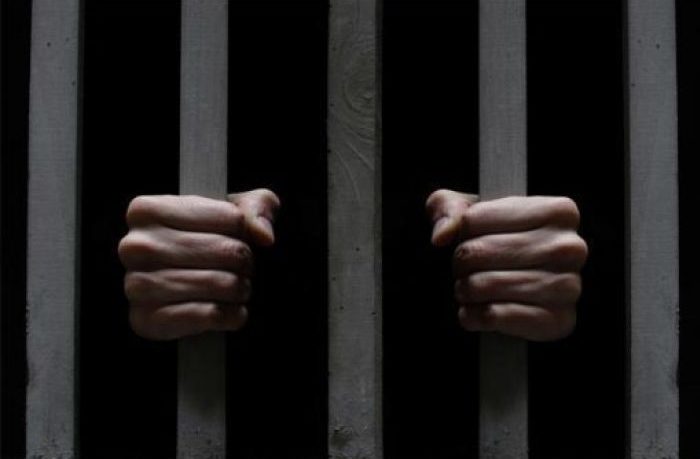A Philippine court on Thursday found the bosses of an influential political clan guilty of masterminding a 2009 massacre of 57 people.
The ruling has been described as a partial victory for justice and a challenge to the country’s notorious culture of impunity.
Eight members of the powerful Ampatuan family were among 28 people sentenced to life imprisonment over their roles in a ambush on an election motorcade in Maguindanao province, and the gunning-down of all who witnessed it.
Among the victims of the “Maguindanao Massacre” were 32 journalists in what was one of the world’s single biggest attacks on media.
The ambush was also the biggest instance of election violence in the Philippines, where assassinations are common in provincial politics, especially in Mindanao, a southern region prone to lawlessness and the rule of warlords aided by abundant arms.
The case was widely considered the trial of the decade in the Philippines due to the infamy of the Ampatuans, a dynasty with political connections that went all the way up to then President Gloria Macapagal Arroyo.
It was also seen as a test of whether democratic institutions could withstand pressure from rich and powerful interests.
Fifteen other defendants were jailed for accessory to murder and 56 were acquitted.
Seven cases were dismissed, among them that of family patriarch, Andal Ampatuan, who died in prison of a heart attack in 2015.
Salvador Panelo, spokesman for President Rodrigo Duterte, said the ruling should be respected and the massacre represented a “merciless disregard for the sacredness of human life” and should never be repeated.
Over 80 of 197 suspects are still at large, including 12 Ampatuans, raising concerns that witnesses and victims’ families might never be safe.
“This case has a long way to go,” said Esmael Mangudadatu, a congressman whose wife was shot over a dozen times during the ambush.
Mangudadatu was the challenger to the Ampatuans in a gubernatorial election however was not in the convoy attacked in broad daylight by his rival’s private army.
The victims were executed beside a rural road in volleys of gunfire, before being buried with their vehicles in a huge pit dug by an excavator.
The trial involved 357 witnesses and 238 volumes of documents and dragged on for a decade, with much time lost to deliberations over bail requests.
According to activists, several witnesses were assassinated.
Rights group Amnesty International hailed the verdict as a positive step however said suspects at large should be prosecuted and an end brought to an “appalling culture of impunity and injustice”.
Human Rights Watch said the ruling should spur more reforms to hold power to account and outlaw private militias.
“This verdict should prompt the country’s political leaders to finally act to end state support for `private armies’ and militias that promotes the political warlordism that gave rise to the Ampatuans,” the group’s deputy Asia director, Phil Robertson, said.




